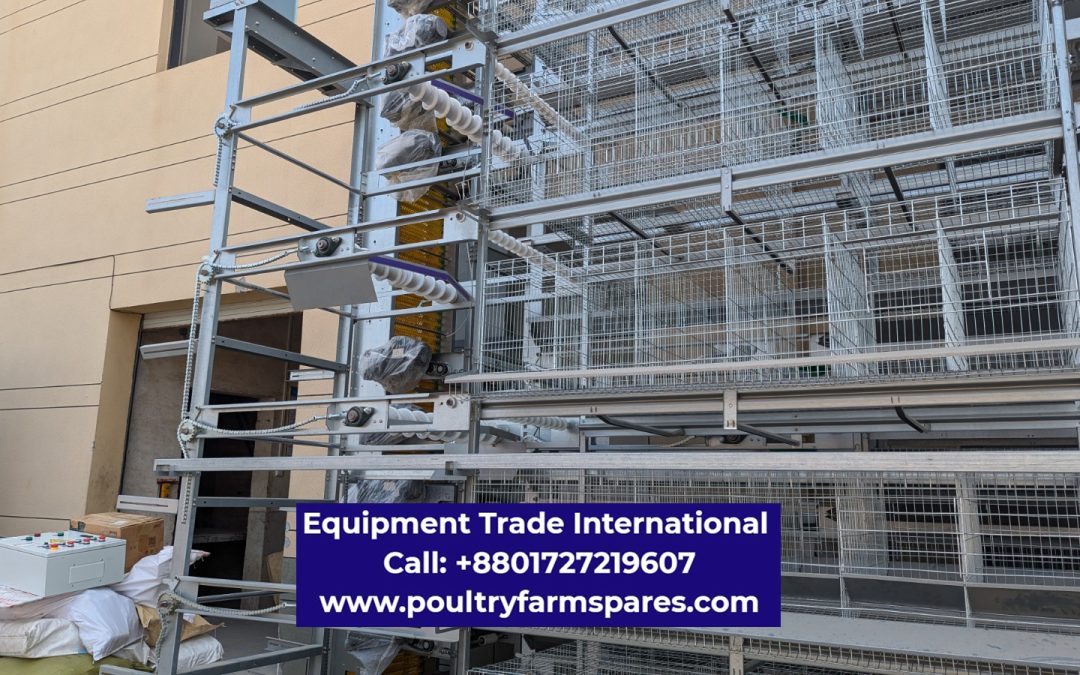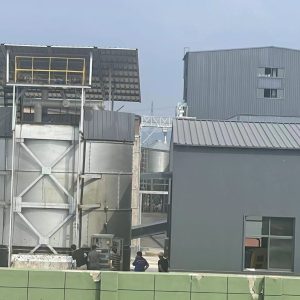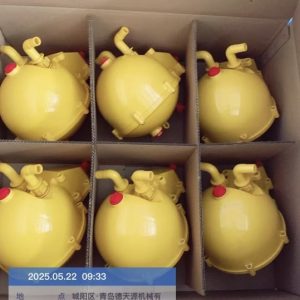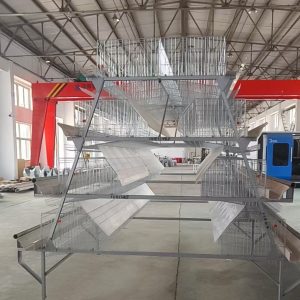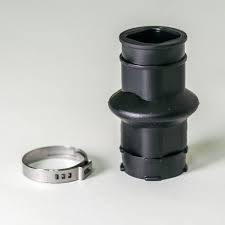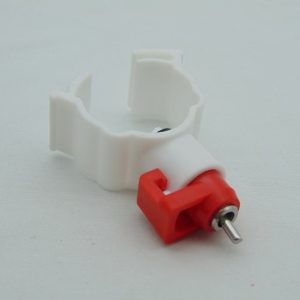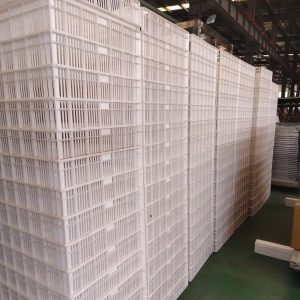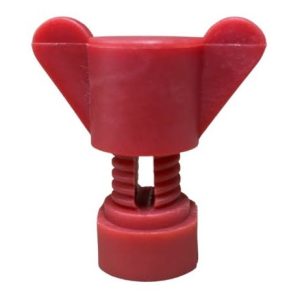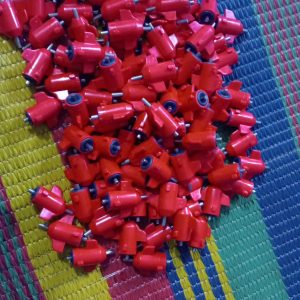Choosing the Right Poultry Equipment Supplier in Bangladesh: Your Partner in Local Profitability
The poultry sector in Bangladesh is a powerhouse of economic growth, but local farm operations face specific challenges: unpredictable power supply, high humidity, and complex logistics for spare parts. To achieve maximum profit and minimize risk, local farmers need more than just machinery; they need a strategic equipment supplier who understands the Bangladeshi operational context.
Choosing the right partner is critical. Here is a guide on what qualities to look for in a top-tier poultry equipment supplier in Bangladesh.
1. Expertise in Local Climate and Conditions
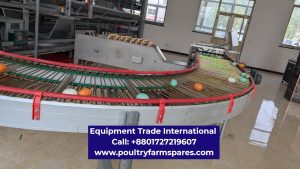
A supplier operating locally must offer solutions engineered for the specific environment, not just imported solutions designed for colder climates.
- Humidity Management: Look for suppliers who prioritize high-efficiency cooling pads and powerful exhaust fan systems capable of handling the intense humidity of the monsoon and summer seasons, which are vital for preventing heat stress and maximizing Feed Conversion Ratio (FCR).
- Power Reliability: In Bangladesh, temporary power outages are common. The best suppliers offer robust advice and products related to backup power solutions (like generators) and durable equipment that can withstand voltage fluctuations.
- Disease Prevention: Suppliers should emphasize closed nipple drinking systems and easy-to-clean feeding troughs to improve bio-security, which is paramount in tropical farming.
2. The Critical Role of After-Sales Support and Spares
In remote areas of Bangladesh, waiting weeks for a spare part from abroad can wipe out months of profit. The true value of a local supplier is their immediate backup support.
- Readily Available Spare Parts: A reliable supplier maintains a comprehensive local inventory of high-demand spares (motors, fan belts, sensors, nipples). This ensures that if a critical part fails, downtime is measured in hours, not weeks.
- Local Technical Team: Technical support should be readily accessible and locally based. The supplier must employ technicians who can provide on-site maintenance, installation supervision, and prompt troubleshooting across different districts.
- Farmer Training: A quality supplier should offer comprehensive training for farm workers on the proper operation and maintenance of automated feeding and climate control systems, maximizing the lifespan and efficiency of the investment.
3. The Balance Between Quality and Cost-Effectiveness
Farmers often seek the lowest price, but a smart supplier emphasizes long-term value and durability against cost (cost-effectiveness).
- Transparency on Sourcing: Reputable suppliers are transparent about whether they provide high-quality imported equipment or reliable, locally assembled solutions. This allows the farmer to make an informed choice based on their budget and expected longevity.
- Scalability: The supplier should offer solutions that can scale—from manual setups to semi-automated and fully integrated smart farms—allowing smaller farmers to grow their investment over time. They must provide clear options that work within the BDT budget constraints.
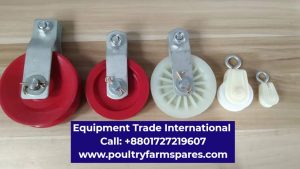
Finding Your Essential Partner
For the ambitious poultry farmer in Bangladesh, the equipment supplier is more than just a vendor; they are a partner whose efficiency directly impacts your bottom line.
Choose a supplier who understands the local environment, guarantees spare parts availability, and provides expert technical consultation. This commitment to local relevance and reliable backup is what turns modern equipment into sustainable profitability.
Contact [Your Company Name] today to see how our locally optimized solutions can transform your farm’s efficiency and resilience.

